The Origin Story, Part 4: Meaning
considering compost & the true nature of paper, power & privilege
Happy Fall! This truly is my favorite time of year. The colors and spirit of the changing seasons make me feel alive again after summer’s odd heat-induced dormancy.
Welcome to “The Origin Story, Part 4,” in which compost transforms my perspective on the nature of paper, power and privilege…not that I take things too seriously, but as you may have noticed by now, compost and I have pretty intense relationship!
As I’ve mentioned in previous posts, compost necessitates a mix of 30 parts carbon-based materials, like paper or cardboard to 1 part nitrogen-based materials, like celery leaves, citrus rinds, cucumber scrapings and other vegetable matter.
It’s amazing what a transformation occurred in my pile once I understood this ratio! No longer a smelly goop of rotting vegetables, the compost became healthier and more balanced in every way when I added more paper and other stuff.
The pile also became a new kind of inspiration, especially after reading Marie Kondo’s “Life-Changing Magic of Tidying Up.” While I had already been considering the nature of ‘stuff’ for years…,
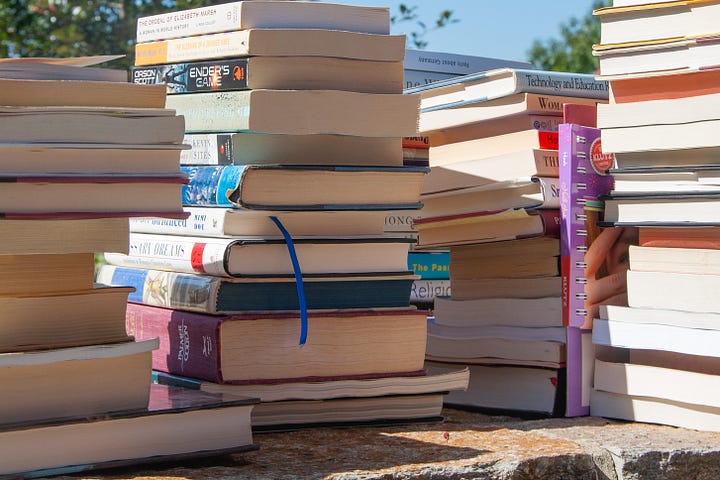
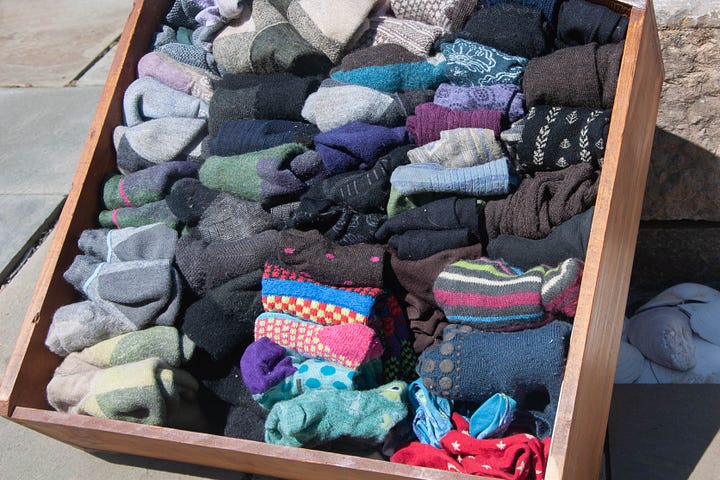
the frenzy around what became known as “The KonMarie Method” offered a different level of exploration.
In fact, in September 2018 I wondered about my two diplomas hidden away in our attic. I already knew that they did not bring me joy (why else would they be in the attic), but in the context of the latest Intergovernmental Panel on Climate Change (IPCC report), they seemed particularly relevant.1
The 2018 IPCC report changed its assessment of a viable global temperature increase for the planet from 2 degrees to 1.5 degrees celsius. It was a few weeks before my college 30th reunion and I wondered: Why haven’t all of us ‘super smart people’ with multiple degrees averted this disaster?
Before I knew it, my Harvard and University of Virginia diplomas (my own two degrees) were hanging on a crabapple tree, just another ‘solar-gardenscape’ photograph.2
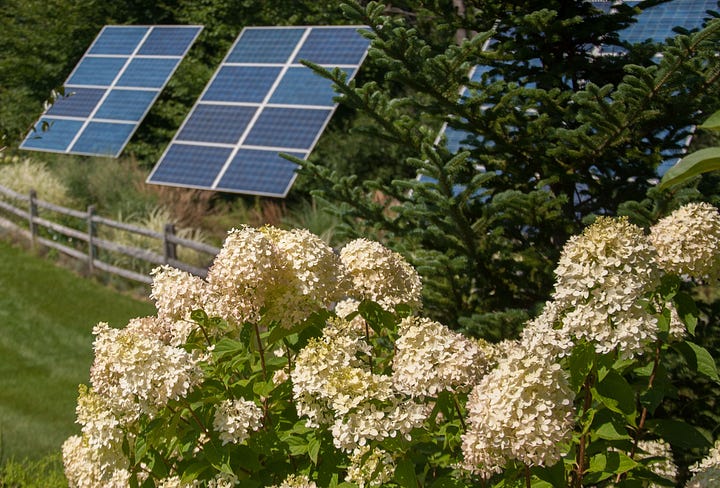
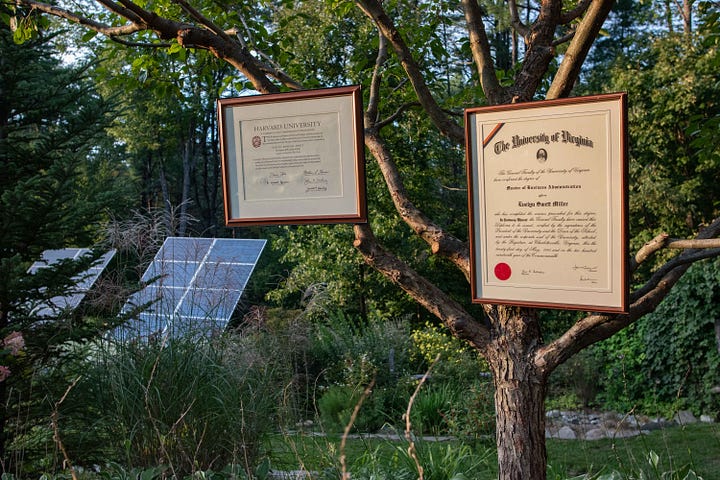
For a few days, I left the unwrapped diplomas on a chair. I had other stuff to do, like finish re-imagining the vegetable garden (turning it into a circular perennial herb garden) and take my son on a college visit, so I had time to think.
But in early October 2018, with pounding heart, an exacto knife, a camera and afternoon light, I dismantled my Harvard (BA) and University of Virginia (MBA) diplomas.
What would my children ever do with those framed pieces of paper when I’m not around? Truly, the objects were of no use to anyone and it seemed the solutions for our planet lay not in our heads, but in our hearts and hands. It was time for me to experiment to see if this was true.
My hands shook and I felt an odd kind of reverence, documenting every step of the way, honoring the objects for what they were - - symbols of my academic success.
I started with the UVA diploma, as it held less power over me.3
What would Thomas Jefferson think, not just about what I was doing, but about the whole need for tidying up and uncluttering? Would he understand the mess that our freedoms have gotten us into?
And why is it a ‘masters’ degree? I am definitely not a master. Yes, I have mastered complex material, but that word is so judgy.
Just to see what would happen, I tore the corner away from the backing to which the paper was adhered.
Look at the light falling on the curling paper. Something shifted. Is this what artists do, I wondered? Is this what it feels like to push the limits, however small they may be?
A little while later I said, “let’s do this” to my Harvard diploma, loving the light and the play of trees and my reflection on the glass.
What will my ancestors think"?4
Wow. Look at the glorious shapes created by the signatures.5
Who knew that the elegant “VE RI TAS” (truth) was in a tree, the very thing that gave us this paper? 6
No thunder clashed and the earth did not shake when I placed the two degrees into the compost bin and dumped some ‘in process’ compost on top of the paper.
Instead, birds sang.
I stirred it all around, as I do, loving the textures and shapes before me. The two diplomas were transformed, and so was I.
The earth did not shatter and my ancestors did not scream in protest.
Instead, I felt lighter and freer. Their power diminished, but mine increased as I understood the transformative possibilities inherent in reframing my narrative.
Four weeks later, when I stirred the pile, this is what I saw - - glorious blue-green leaves, glistening coffee grinds, and the diplomas, integrating into the mess of it all with everything else. They were, in fact, just pieces of paper. And I was, in fact, still me, only stronger and braver.
Like Shredded Paper & Black Gold, which I had created just a few months earlier, the mix of carbon and nitrogen-based materials collaborated, creating yet another ‘compost composition.’7
How could I share this incredible feeling? That was the moment when I understood that my photography could be a vehicle for social action. It was time to reframe not just the idea of ‘degrees,’ but of everything.
Over the years, here’s what compost has taught me:
Showing up cultivates resilience;
Putting hands in emergent soil heals;
Letting go liberates;
Ritual offers balance in turbulent times;
There is power and beauty in unseen places. It gets me every time.
Ultimately, there is much more to ‘tidying up’ than any six-step method, but if it hadn’t been for all the ‘uncluttering’ movements, I might not have practiced the art of letting go of stuff, a practice that made re-framing my relationship to my diplomas much easier.8
So now you’ve heard the origin story in four parts and why, perhaps, I created this newsletter.
For me, it’s all about the power of regeneration, transformation and renewal, not just in the compost pile, but in ourselves as well, especially in relationship to our stuff, much of which contains more meaning than we may ever be aware.
My questions and curiosity have only just begun and thanks to my mother and the other women I’ve loved and lost, I’ve got many more raw materials with which to work.
I hope you’ll stick around to see where all of this goes.
Thank you, as always, for being here.
Lyn
Oh, and please share this with anyone you think might appreciate it!
The Intergovernmental Panel on Climate Change (IPCC) is the United Nations body for assessing the science related to climate change. It prepares comprehensive Assessment Reports about the state of scientific, technical and socio-economic knowledge on climate change, its impacts and future risks, and options for reducing the rate at which climate change is taking place. In 2018 they produced a Special Report on the impacts of global warming of 1.5 °C above pre-industrial levels.
Since we first installed our solar panels in 2011, I’ve created hundreds of ‘Solar Gardenscapes,’ portraits of the panels either as backdrops or companions to trees, shrubs, fruits and flowers in our garden. One of these days I’ll share a portfolio of these images on my website!
I was the only member of my family to attend the University of Virginia as well as the only member of my immediate family to earn an MBA. So it was all mine. Harvard, though, was a different matter…
A lot of people in my family attended Harvard - - My parents met there, my brother met his wife there, my sister went there for a year (that’s another story), both of my grandfathers attended, as did various cousins and distant relatives. Apparently my second grade teacher was concerned because I was stressed about doing well enough to get into Harvard…Yikes! That stress came, I think, more from the knowledge of family legacy, than any direct pressure from my parents. If this isn’t privilege, though, I don’t know what is.
When I tore the Harvard University diploma, I made sure not to damage the signatures. I loved the shapes of the letters and was especially proud that we were the last graduating class to have the signatures of both the president of Harvard and the president of Radcliffe on our diplomas. Although Harvard and Radcliffe Colleges officially merged in the 1970’s, it wasn’t until 1988 that all the background administrative management disappeared from a student’s perspective (or at least that’s what I’m told). To read more about the Harvard/Radcliffe history, check out this article in The Crimson newspaper from 2019. It’s really complicated, but Radcliffe is now an entirely different organization called The Radcliffe Institute.
For some reason, there were two copies of my Harvard diploma within the frame - - an heir and a spare? I composted them both. It’s also interesting what a person notices. I truly had never paid attention to the background, the letters and the word, VE RI TAS, truth, held such power. More on this another time. There’s really so much here, in these pieces of paper, in this compost pile, in this sharing of this story.
Early on, I called my compost images “compost compositions.” I liked the play on the word composition - - one ‘composes’ a photograph in the frame and a composition, or story, which each image contained, to tell.
In 2010, my family started participating in the annual Hanover Yard Sale. We all contributed ‘stuff’ and were gratified to see once loved objects find new homes. I just don’t think anyone would have wanted my diplomas…so what’s a person to do?

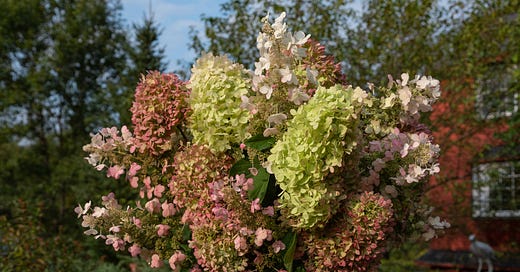



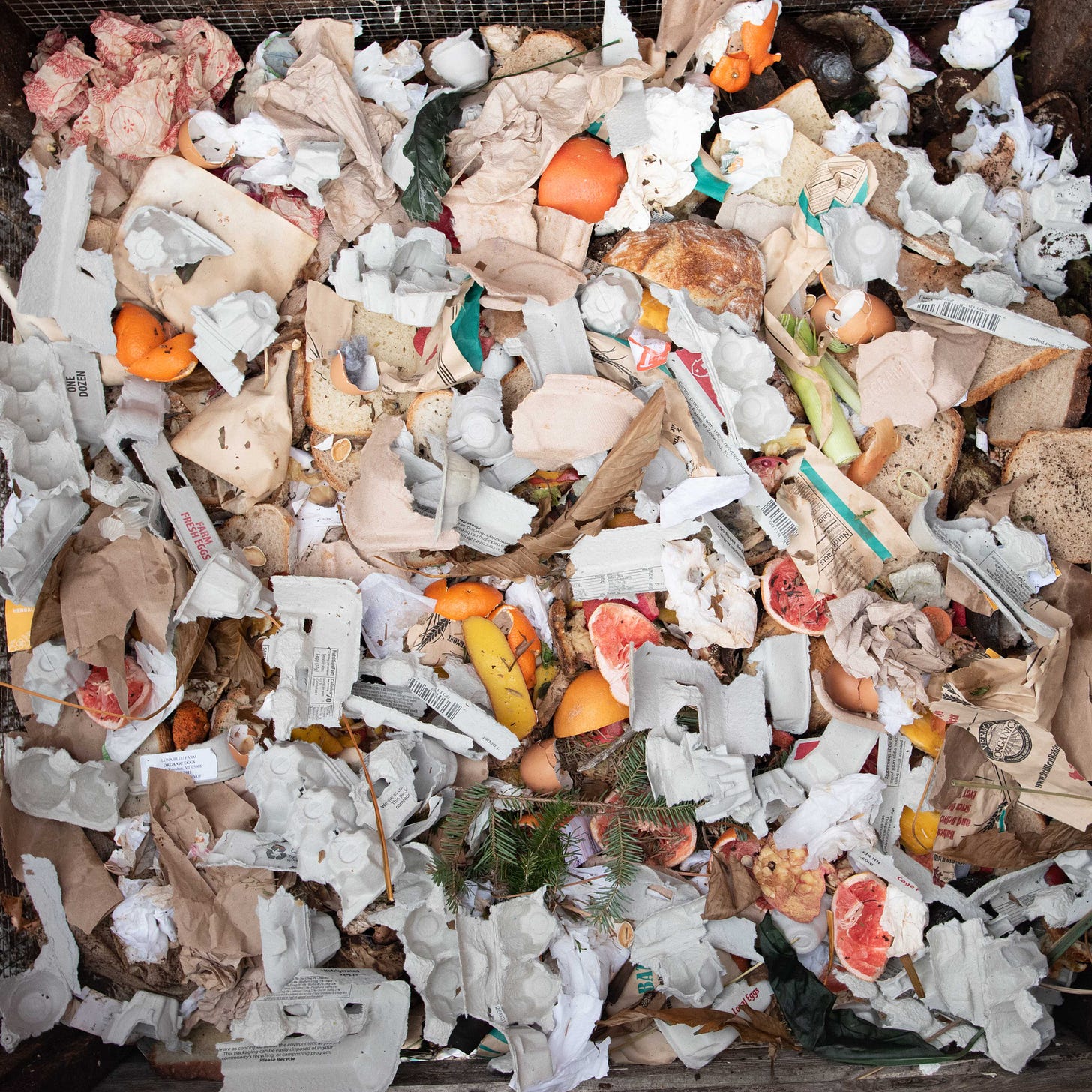
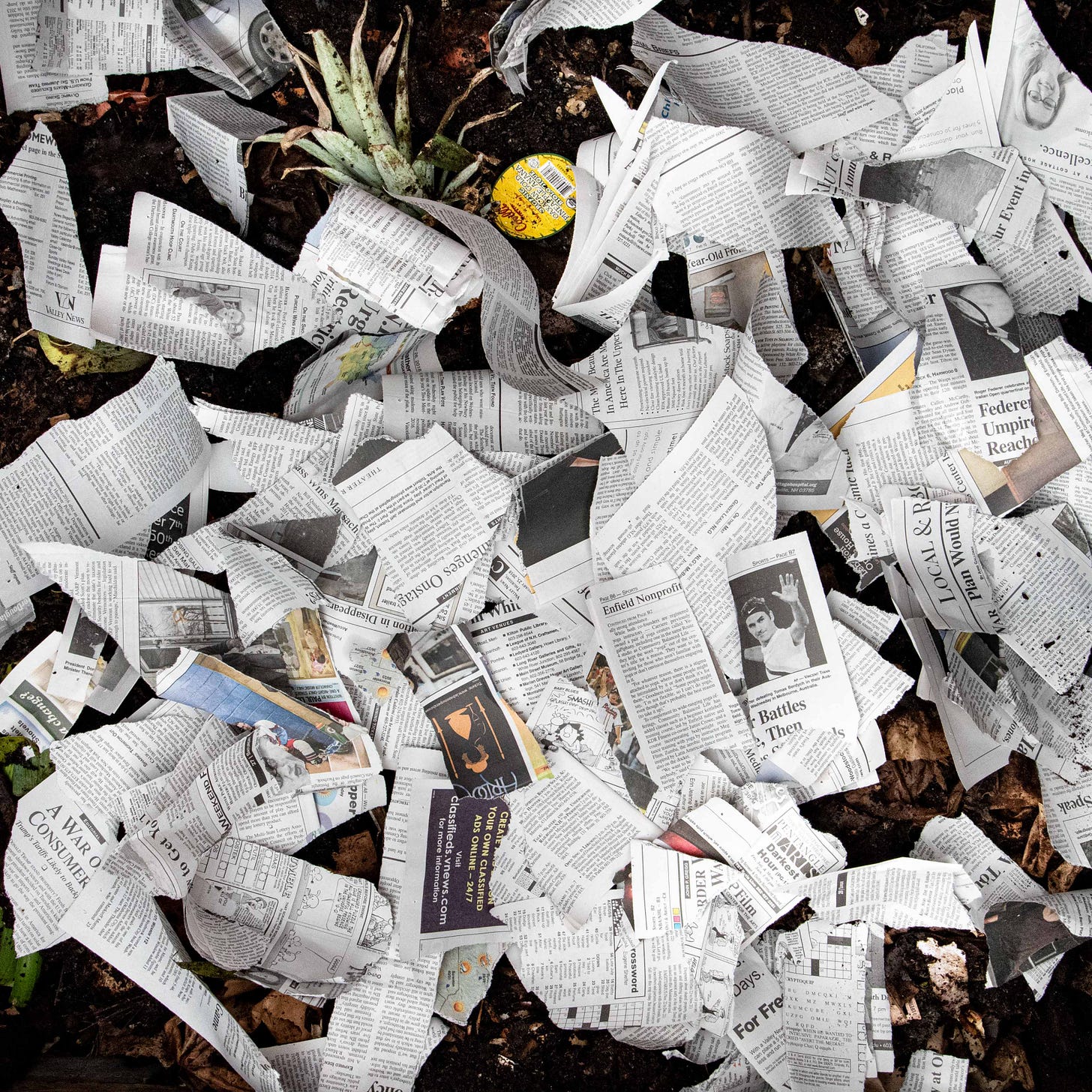
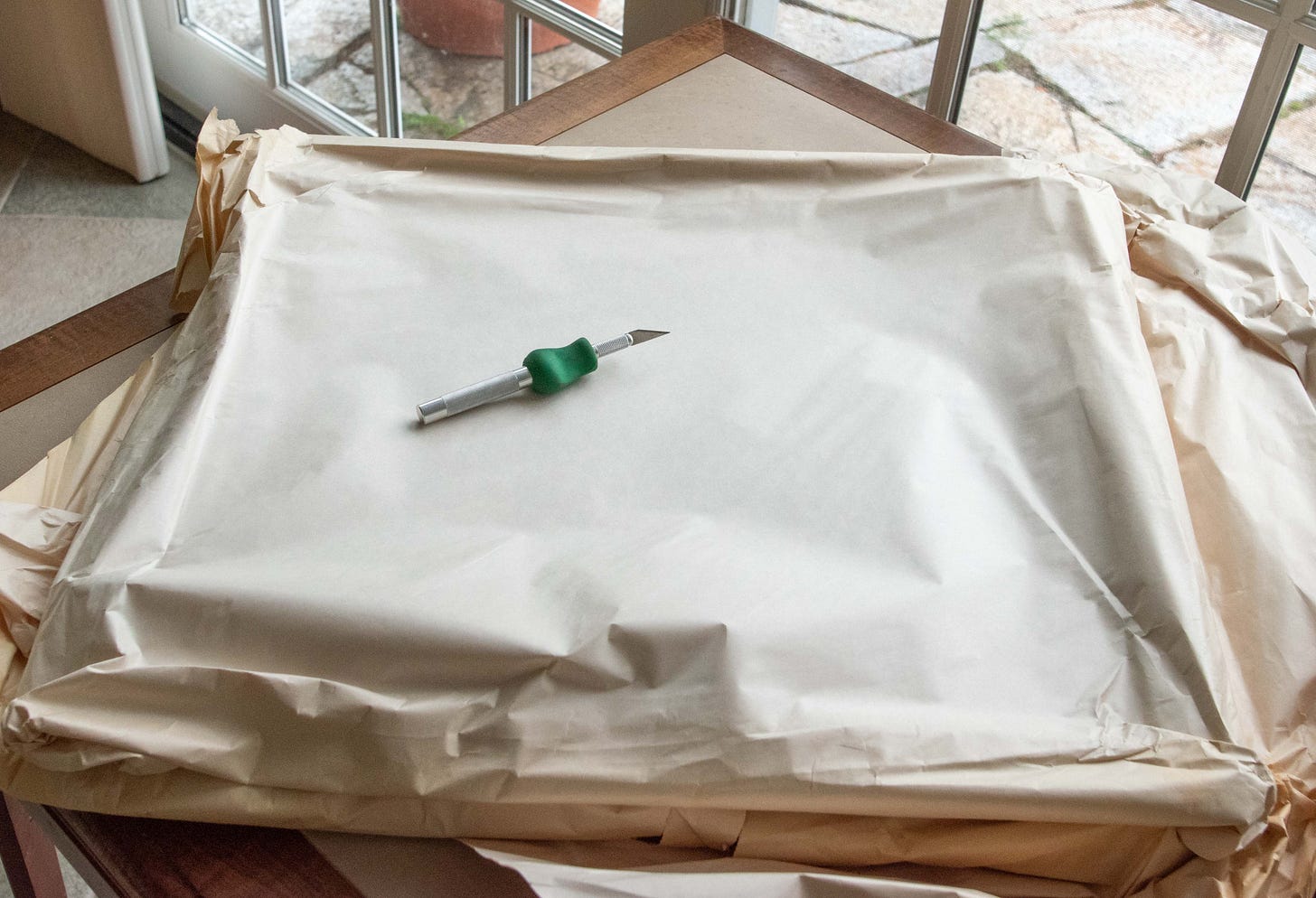
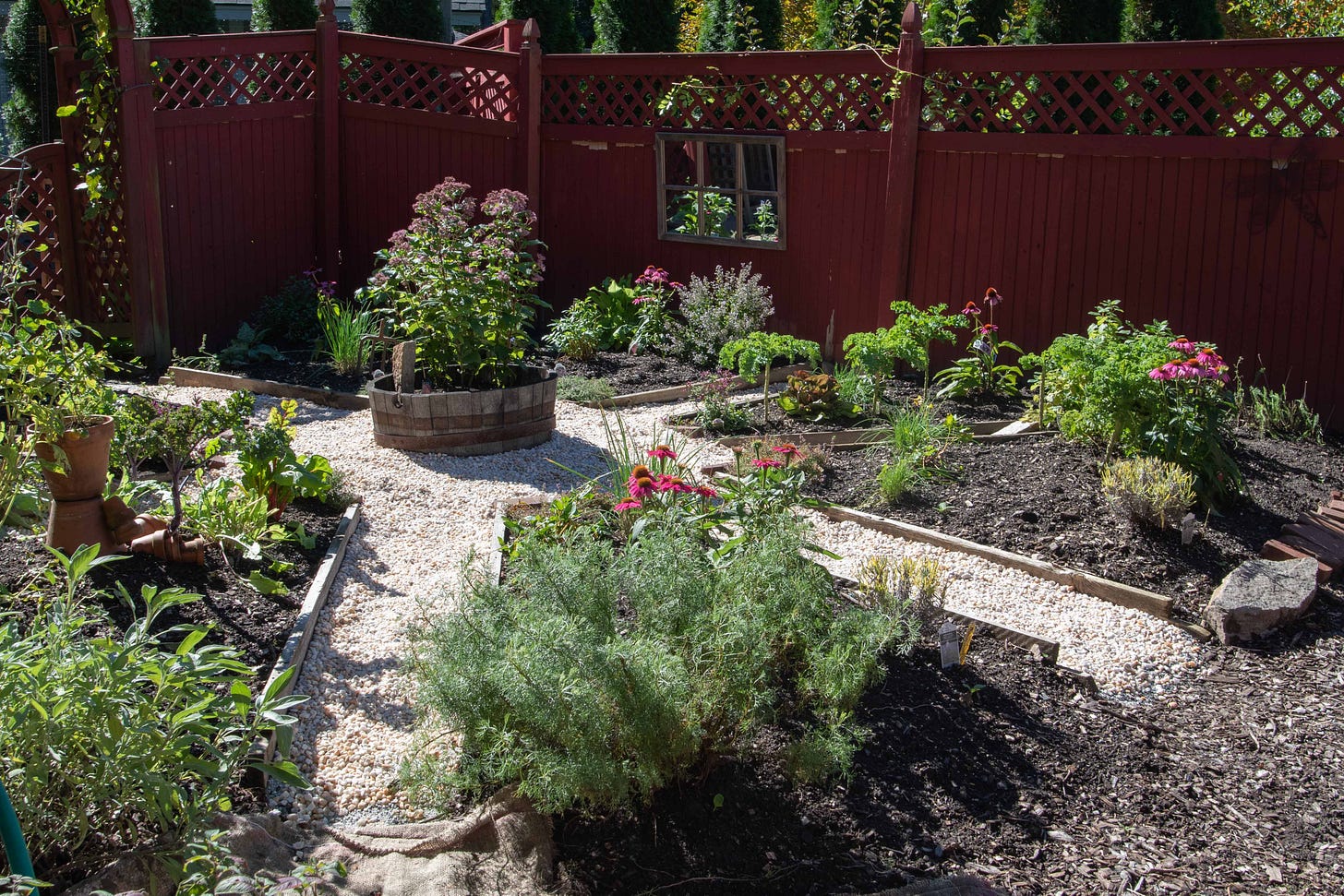
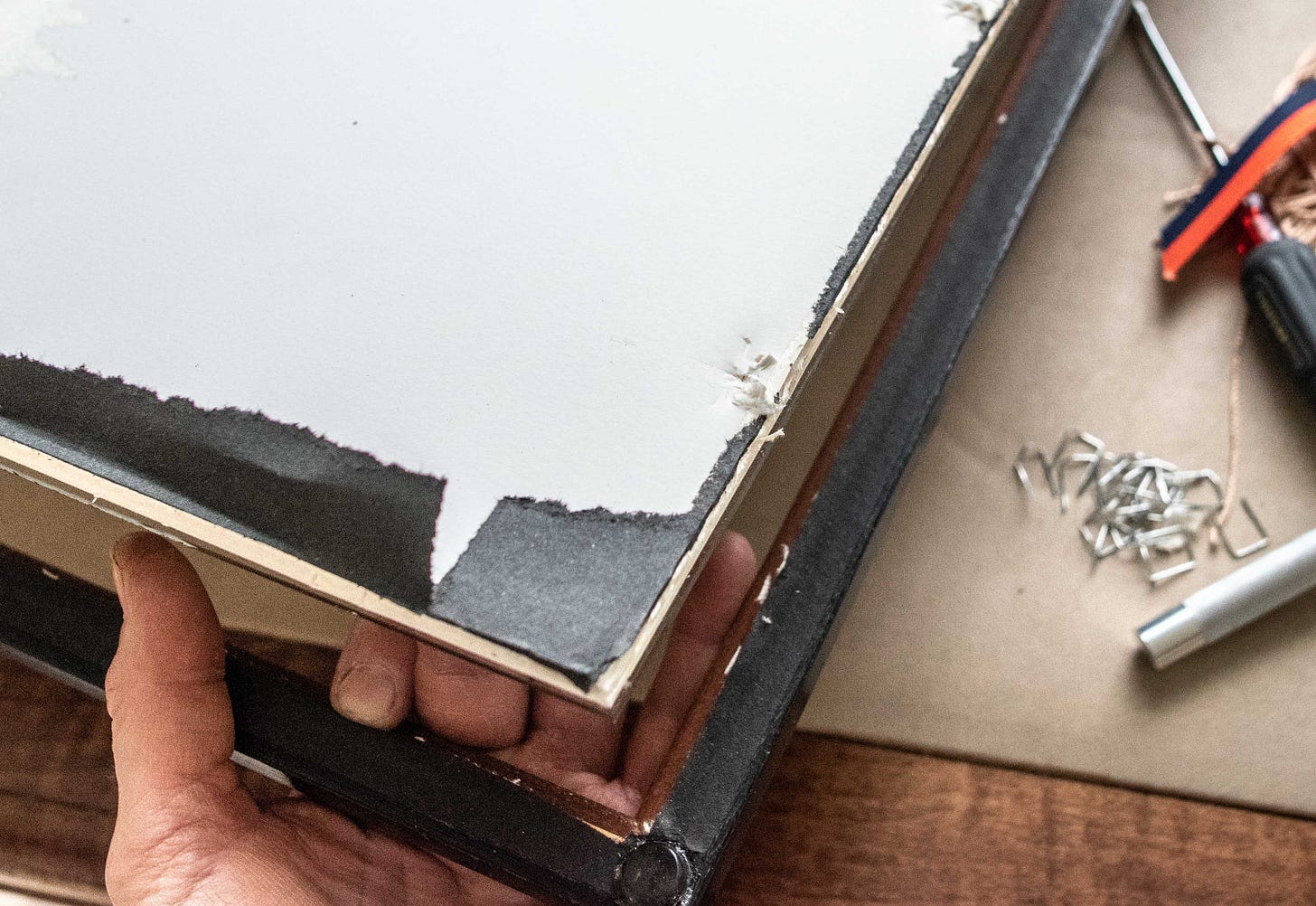
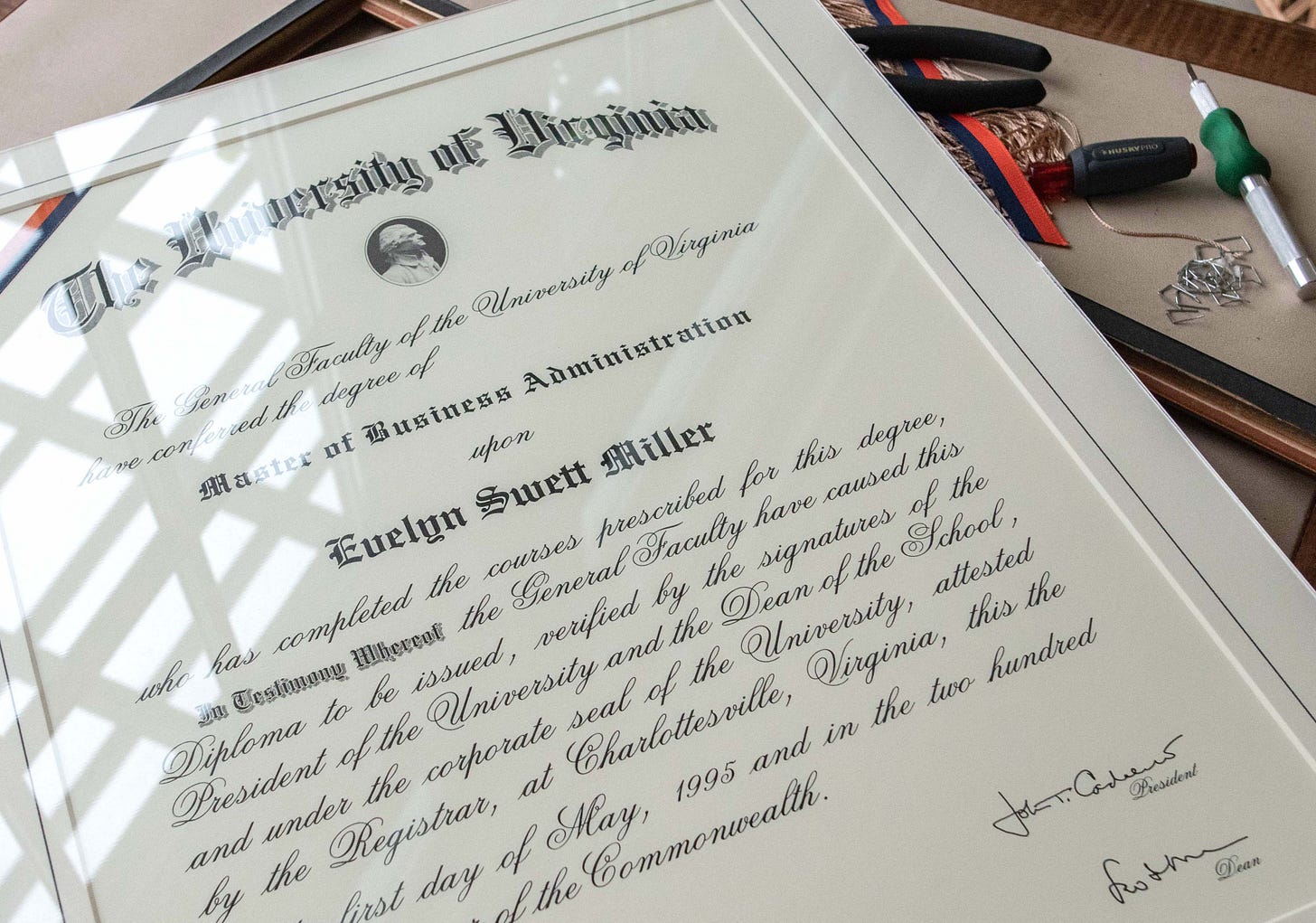
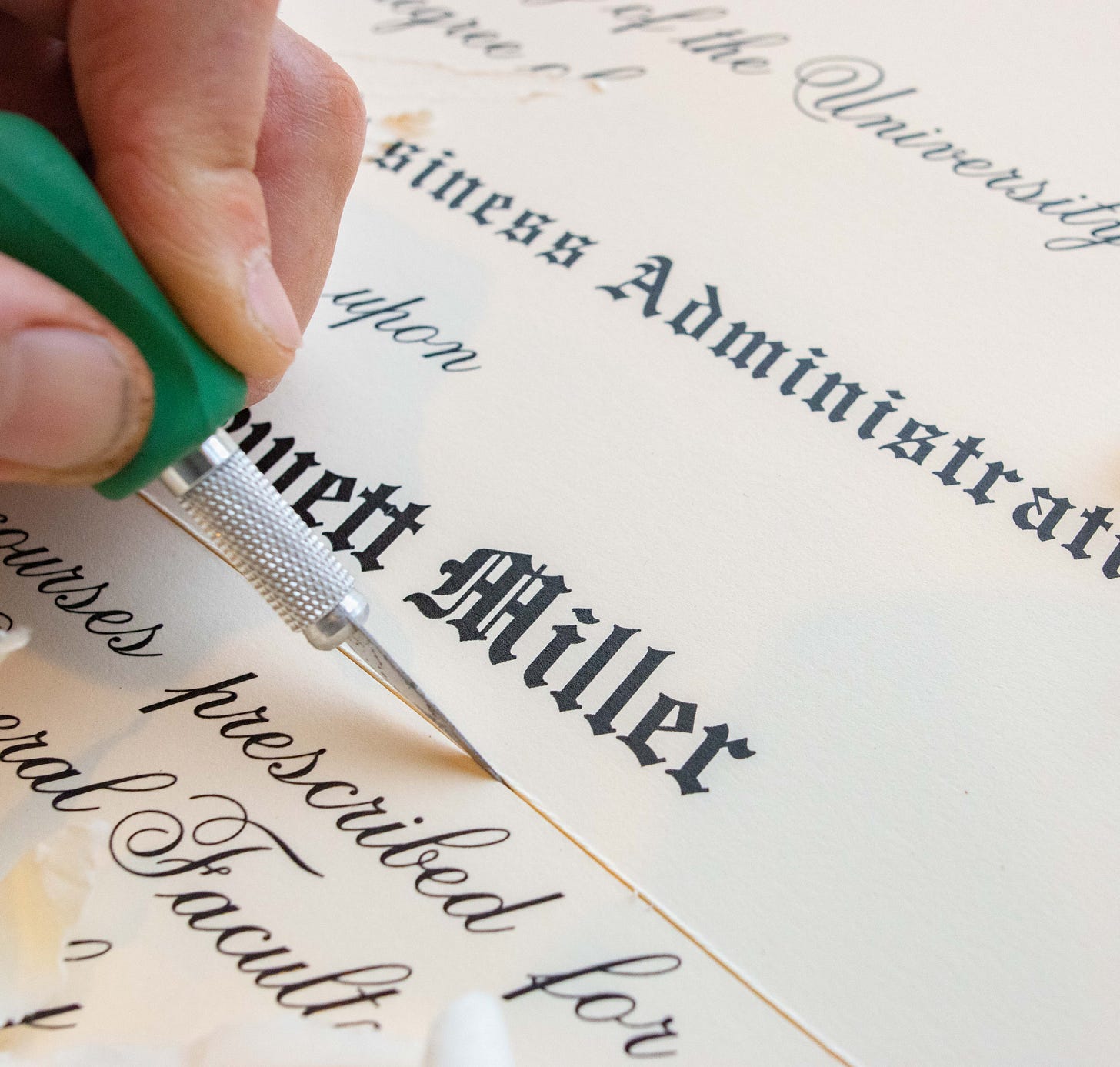
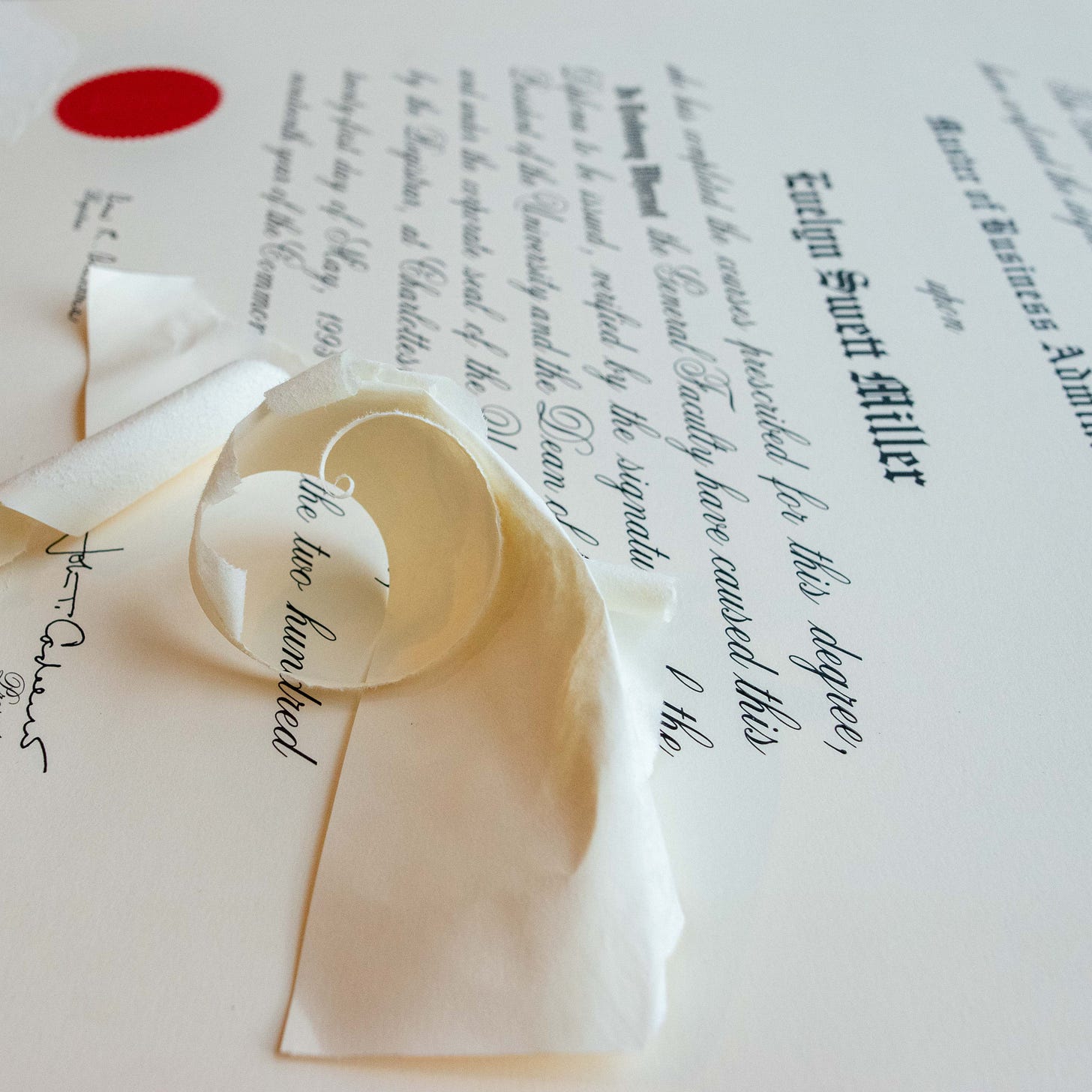
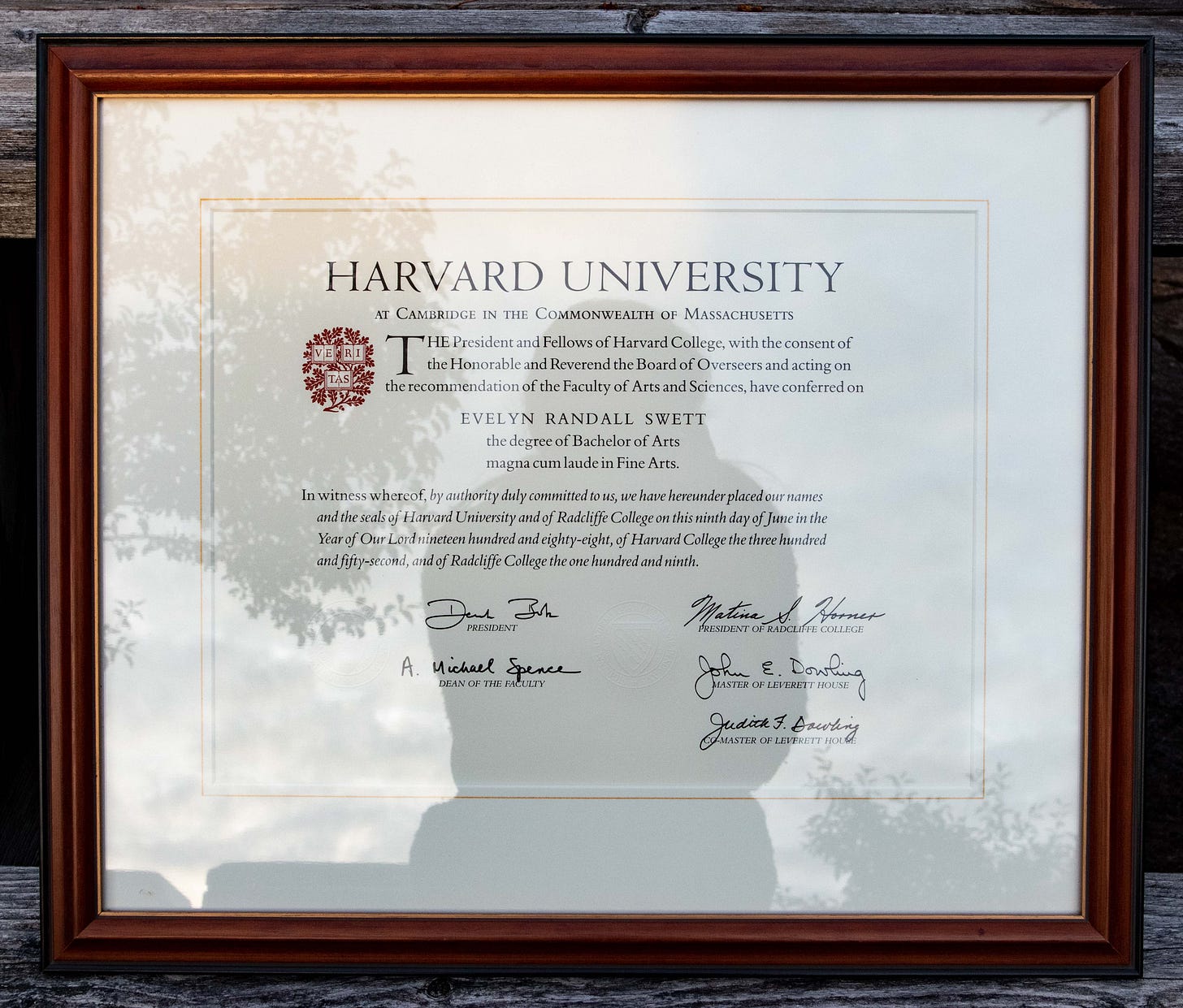
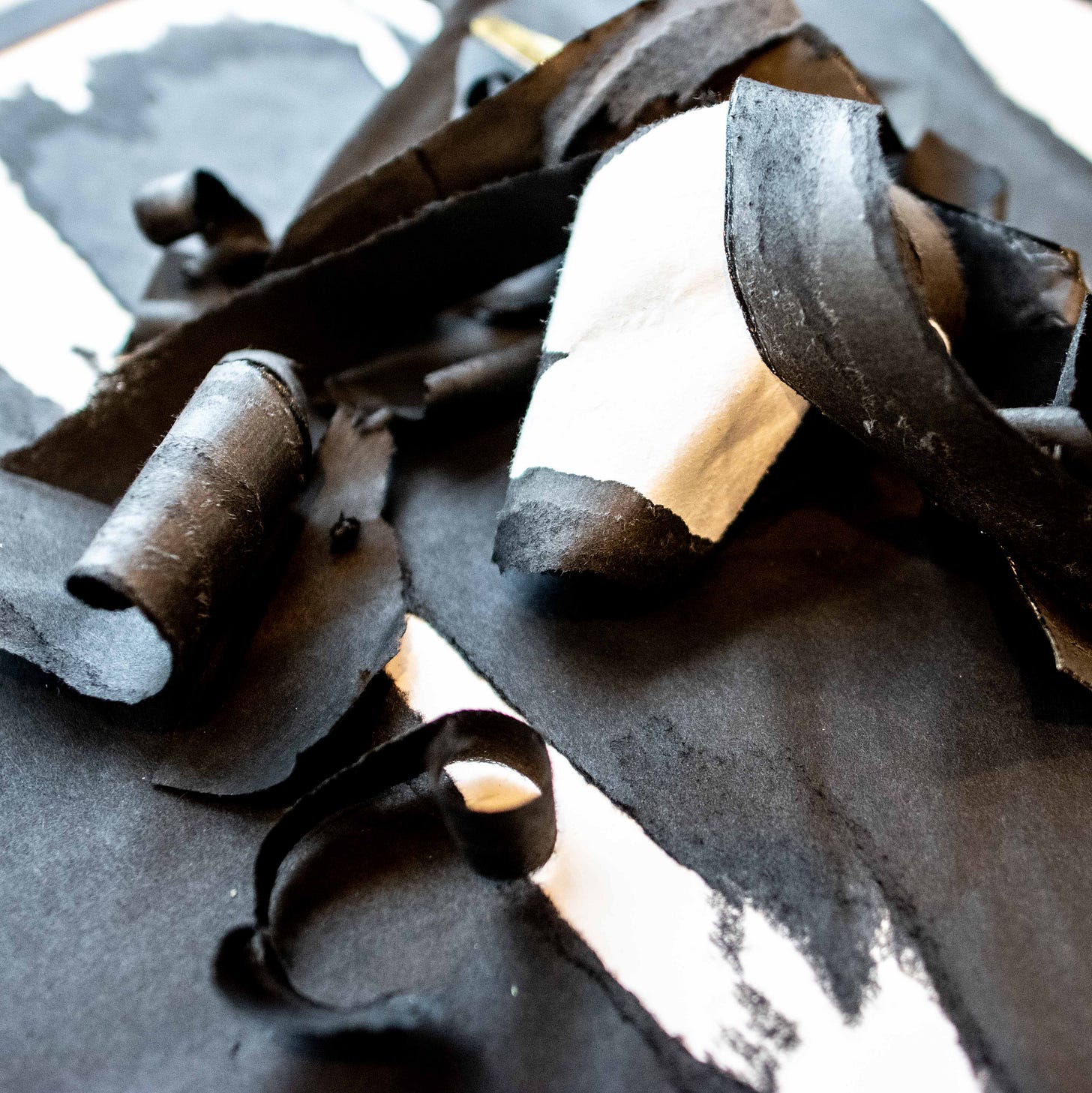
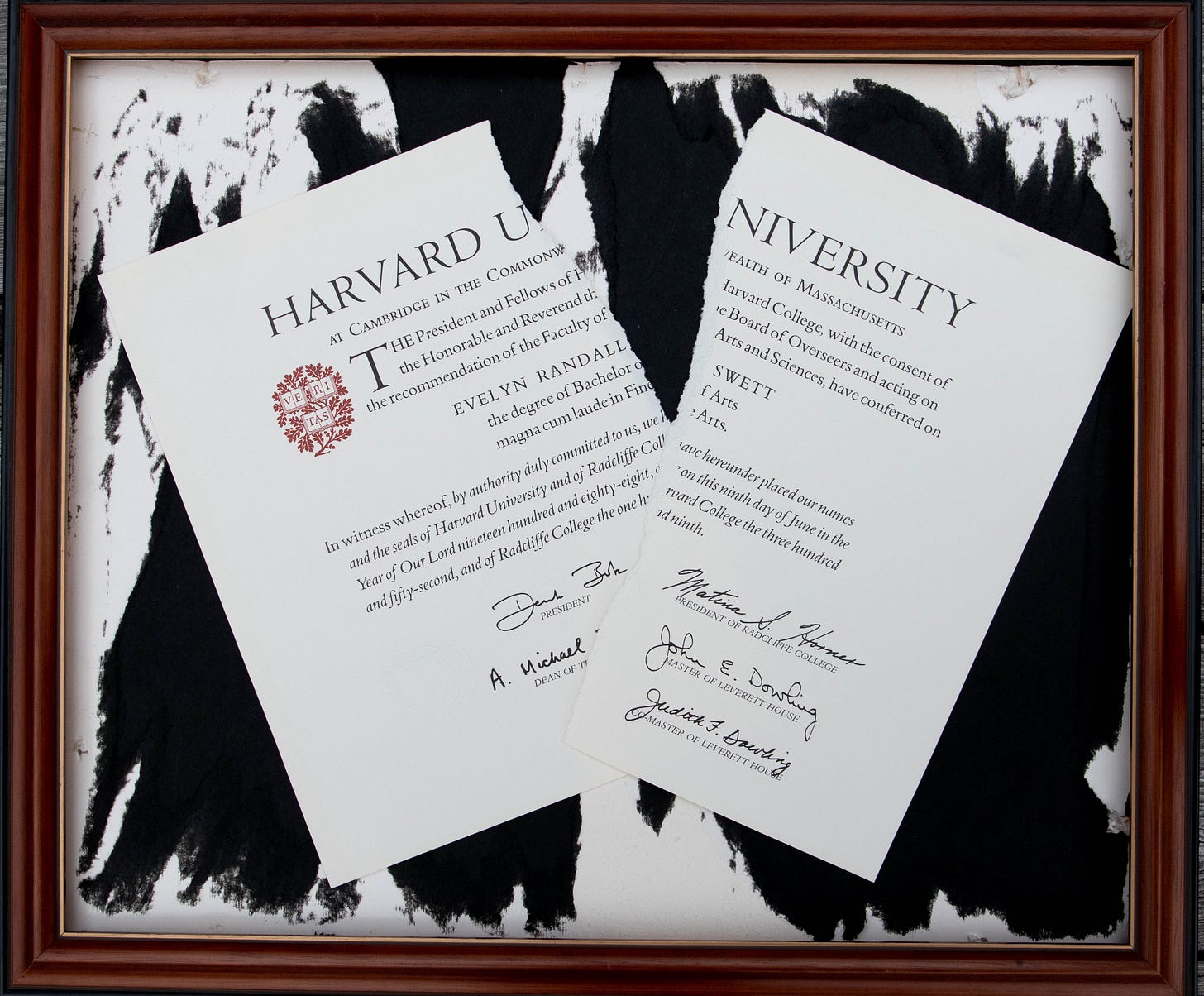
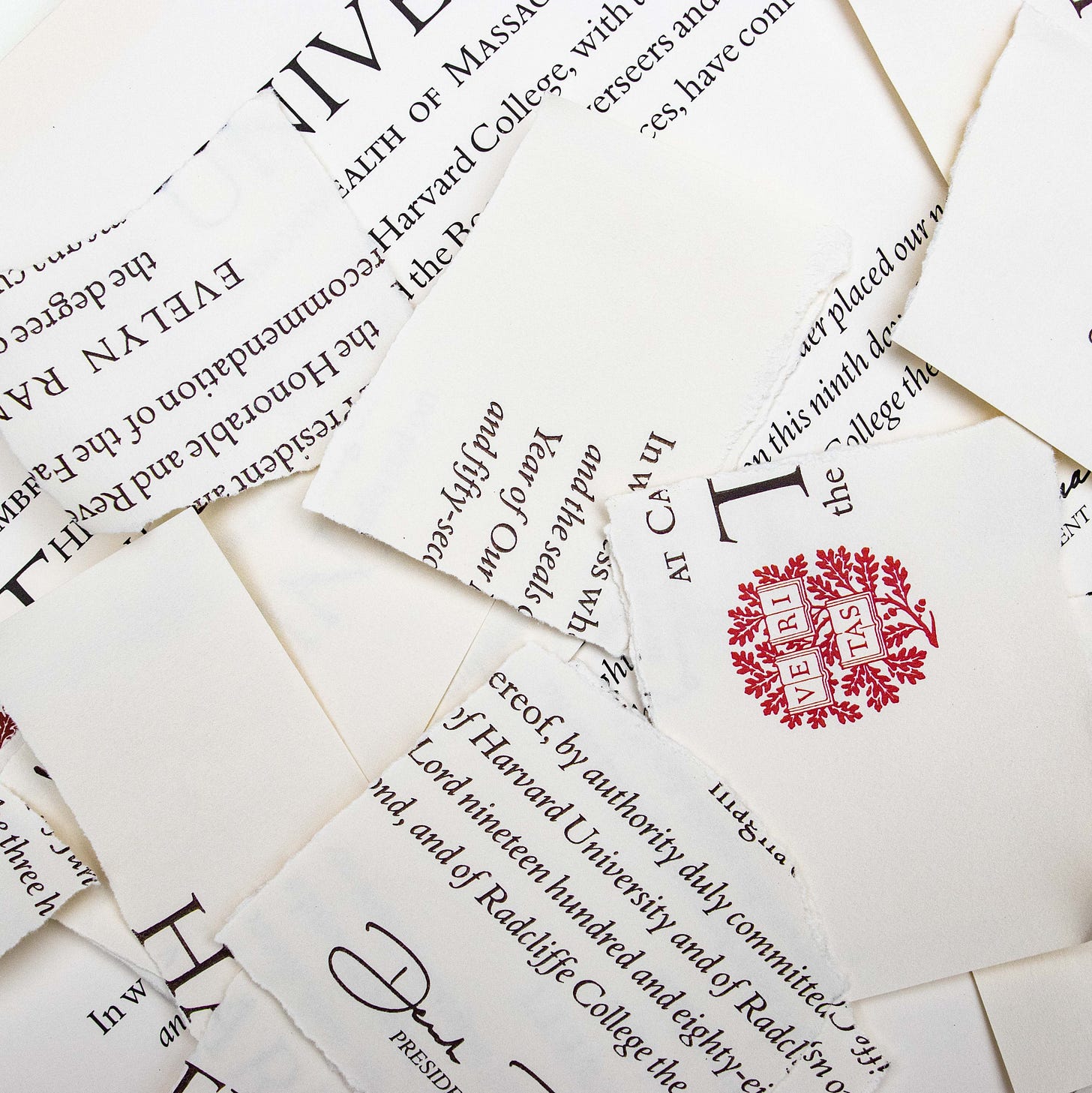
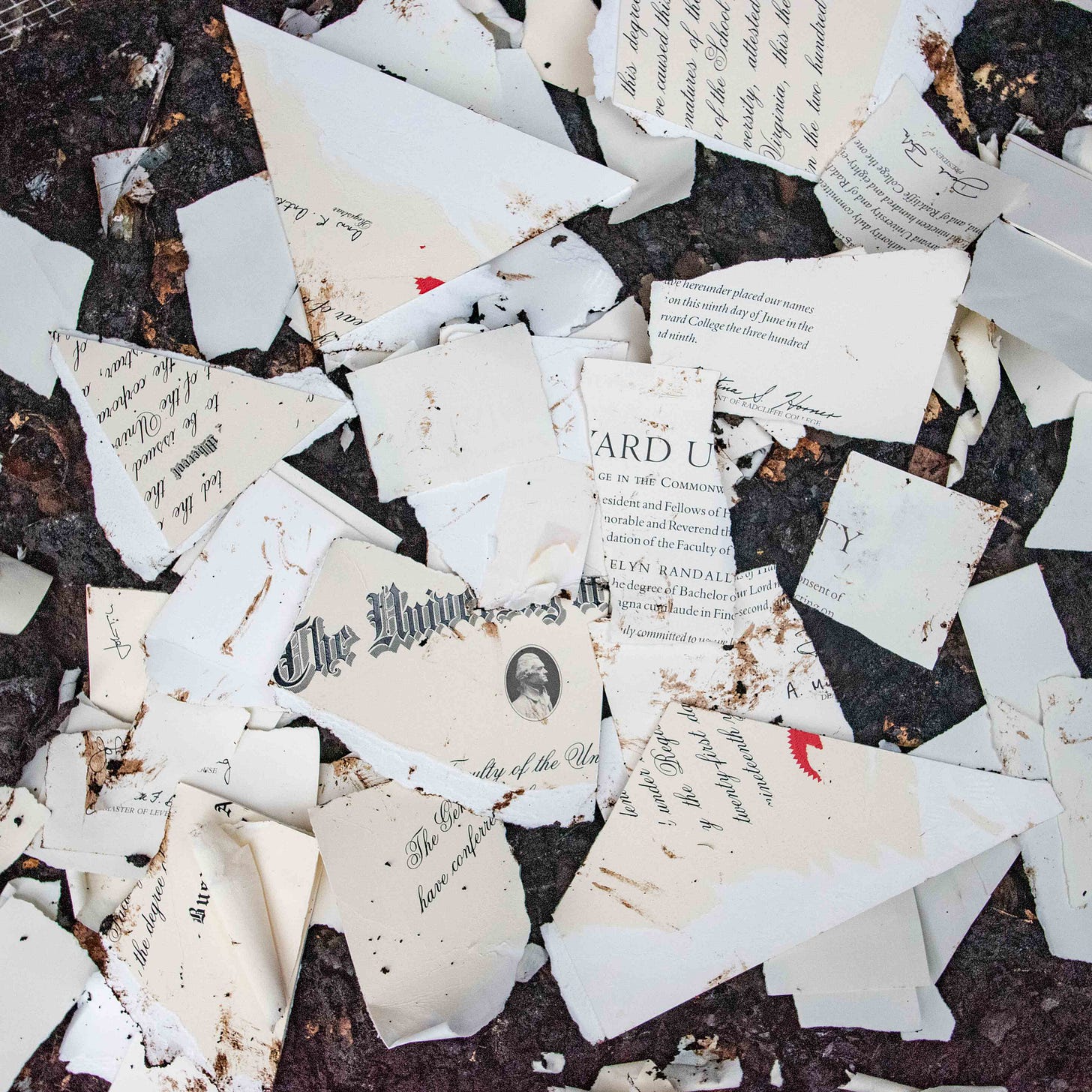
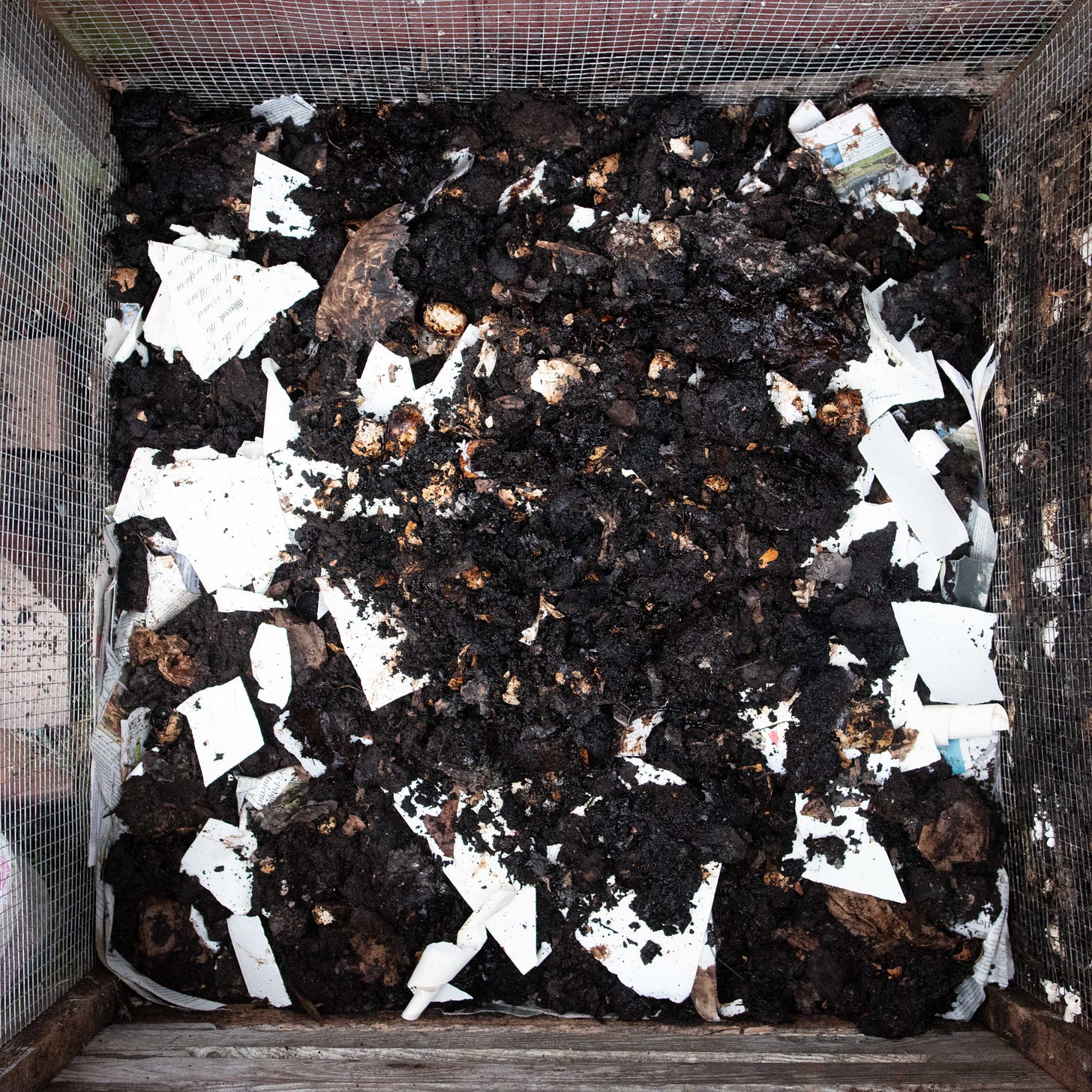
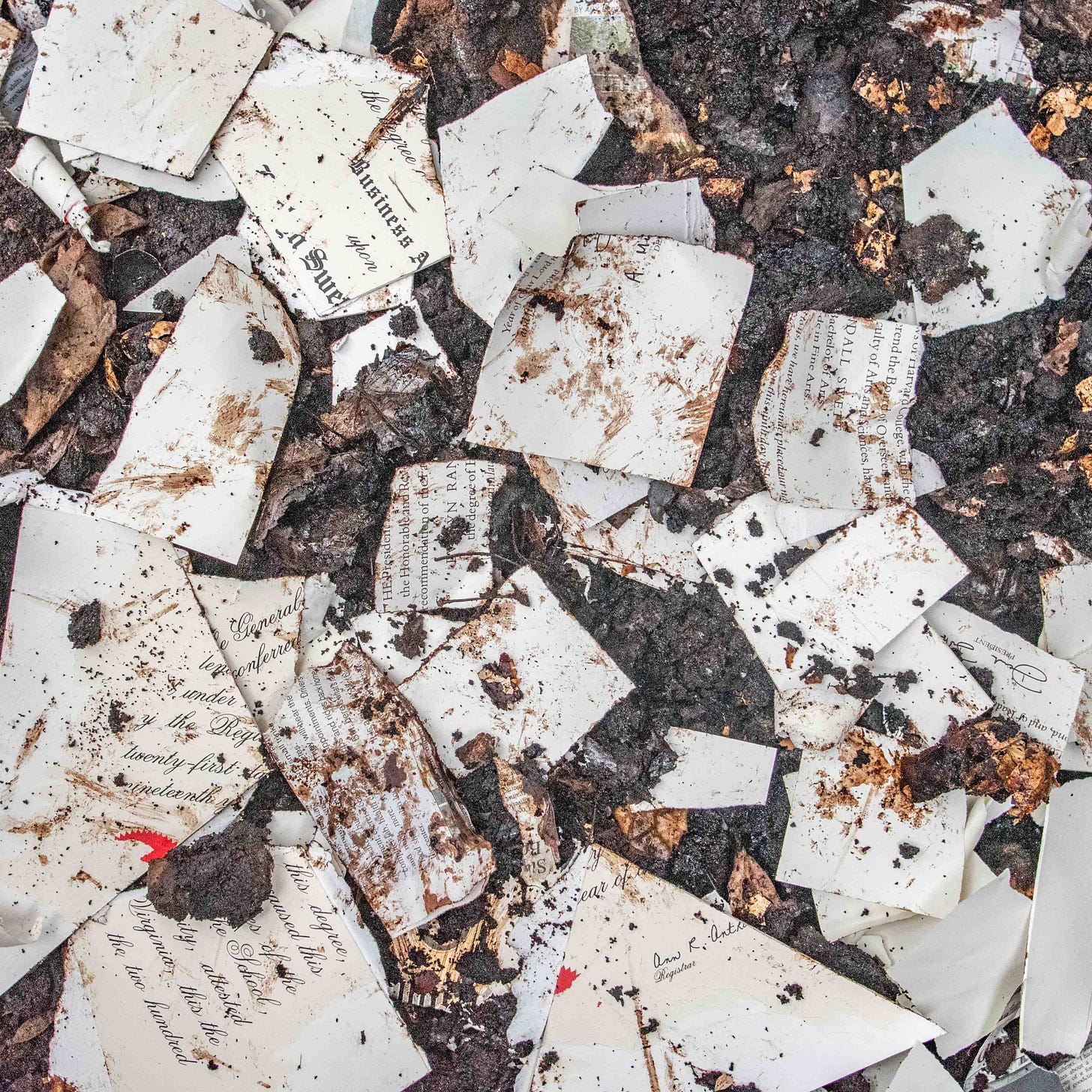

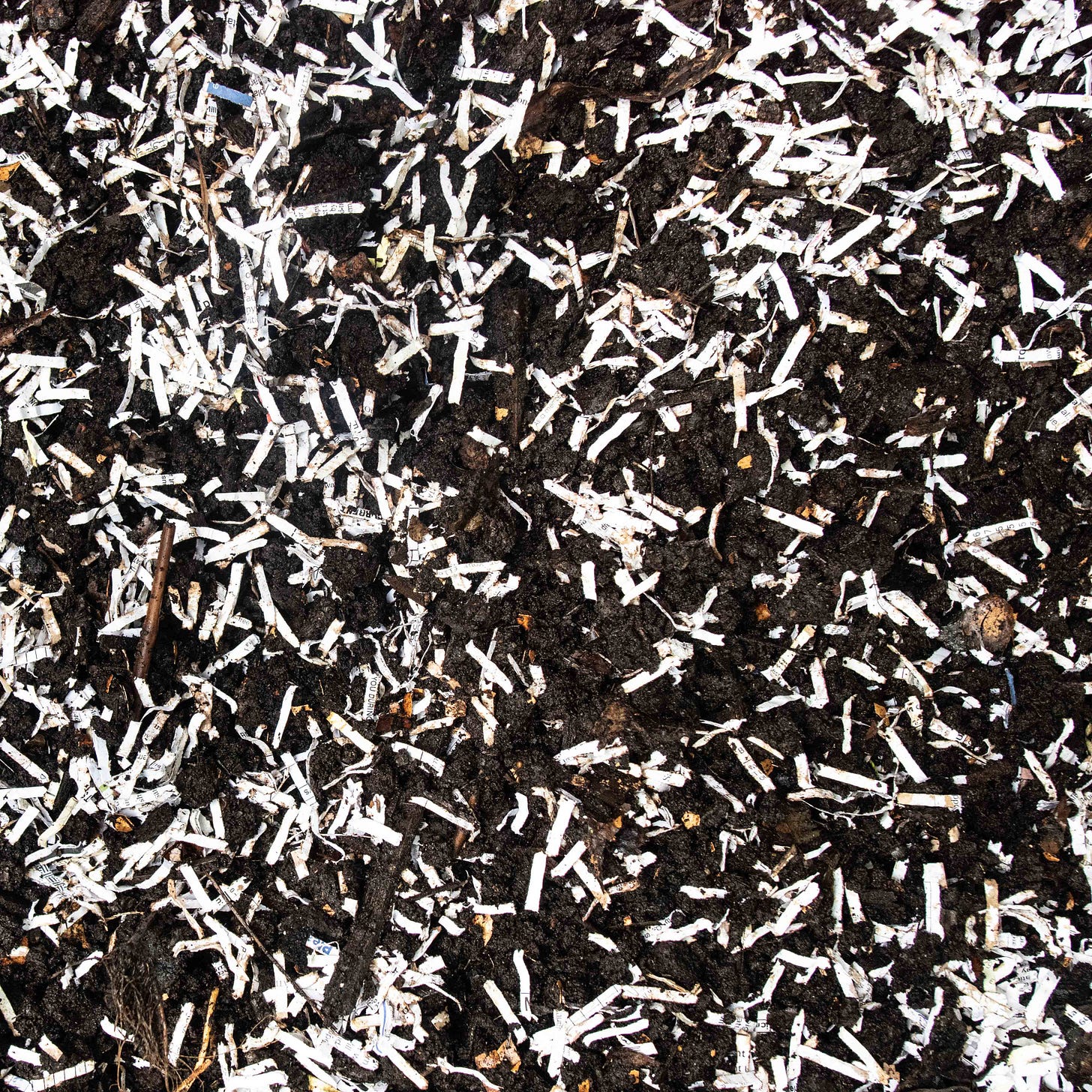
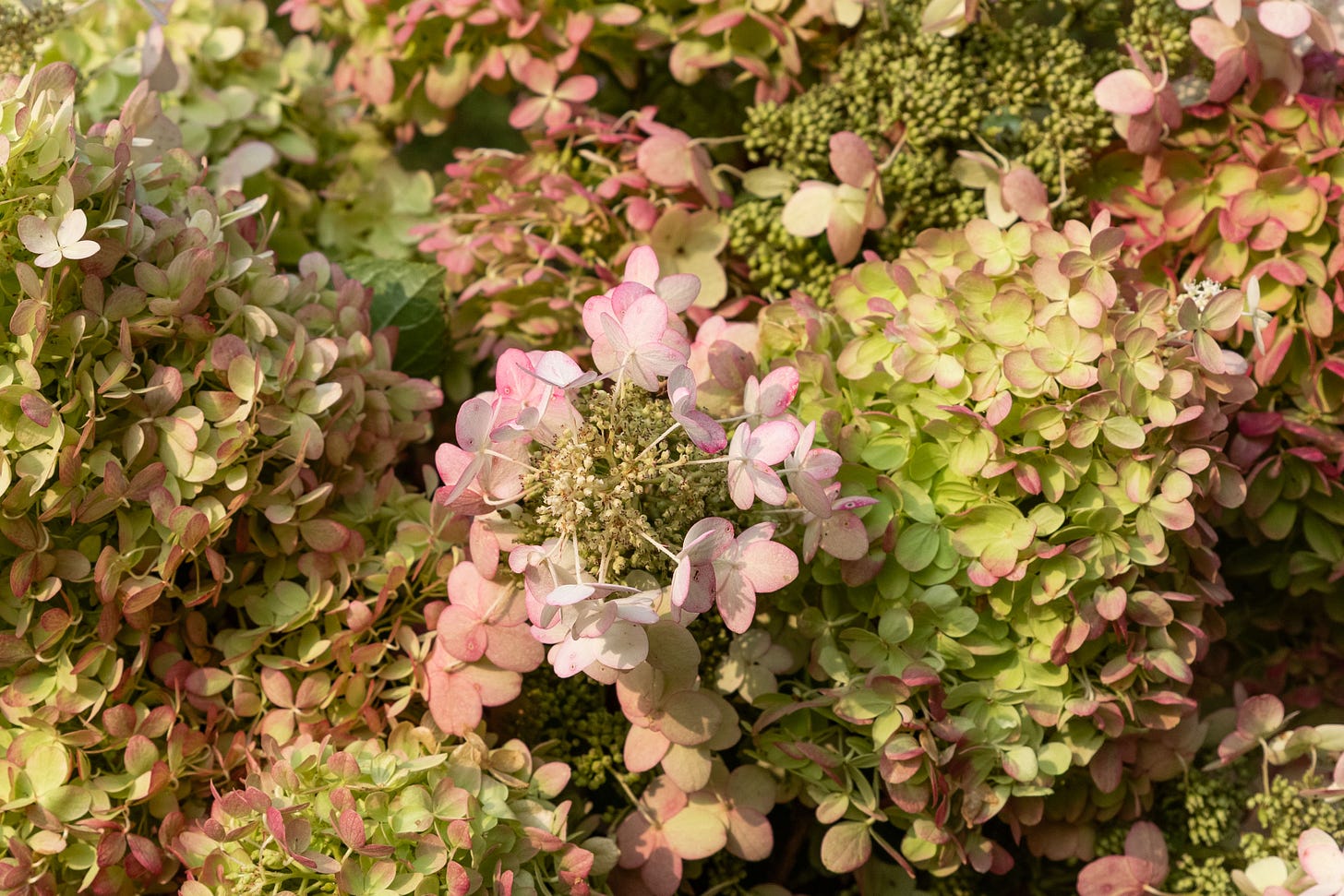
1, 3, and 4 are especially hitting my heart. Thanks for sharing these so eloquently.
Bravo Lyn! What a resonant piece to process through our days. Thank you for offering a platform to talk about these Ivy League institutions. I find they have mastered the fine art of educating OUT empathy. They turn out graduates with a laser focus on short-term, siloed greed, while conveniently forgetting that the most crucial economic equation isn't about filling their coffers; it's about solving for species survival.
Let’s take a look at their hallowed economics departments, you'll find Smith and Keynesian theories aplenty, but what about Kate Raworth’s concepts in Doughnut Economics, which take into account the ecological and social limits of our planet and the well-being of its inhabitants? Given our current situation it seems a curious omission to the syllabus.
Our educational system and the institutions molding the next generation of leaders seem tailored to excel in a world built on scarcity, but here's the rub: we're living in a time of skewed, bipolar abundance. It's high time we reevaluate our priorities and educate our future leaders to tackle the challenges of our era – climate crisis, inequality, and a world that demands more than just profits.
Let's not forget that the true measure of success lies in our collective survival, not just filling the pockets of a select few. So, Harvard, and institutions alike, it's time to rewrite the syllabus and refocus on what truly matters – the long-term well-being of our planet and every species upon it.